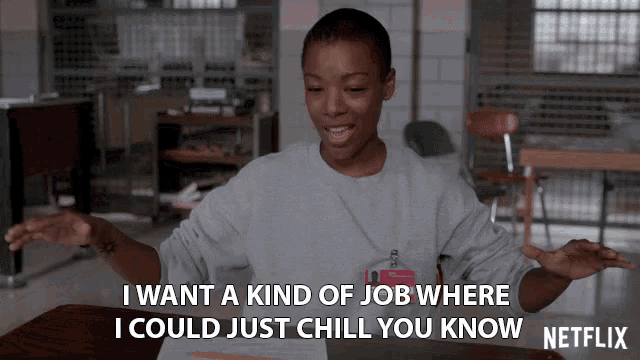A lot of things can happen in the short months of fall semester during your first year of university. Everyone experiences growth in college and sometimes that transition as you build your identity can help you realize interests and passions that you didn’t have the chance to explore in the past. Sometimes those changes include a realization that your field of study isn’t in your field of interest.
If you are like me and already had doubts about your career path before entering college, you know the decision to change your major can be a long and stressful process. I started off as a biology major and psychology minor with the goal of one day becoming a doctor, embodying the quintessential pre-med student at Ohio State. Although I haven’t deviated from the health field and am now a neuroscience major on the pre-pharmacy track, my coursework and experiences my first year of college played a big role in helping me recognize my true passions. I researched a lot of majors for most of my first year, trying to figure out what connected to me the most. It took time, but I’m glad I didn’t rush my decision because eventually I found a major that supported my interests and aligned with the career path I wanted.
There isn’t an algorithm for choosing what major fits for you; sometimes it just takes you stepping back and thinking very basically about what you like. Take a few minutes to stop what you’re doing and ask yourself a series of questions; here are some examples:
What interests you?
What kind of future you see yourself having?
Are you attracted to a specific income?
Do you prefer to be in charge of your own work or do you prefer to work under someone else?
Do some self reflection and then take that information and create alternative paths you could see yourself having in college and beyond and see which one resonates with you the most. There is nothing wrong with being a biology student on the pre-med track if that is what truly interests you, but there are many different ways to enter the field of medicine without being a biology major. Although that might not be the case with some majors like, say, biomedical engineering, a lot of career paths don’t require one specific major to enter that field. My best piece of advice is first, figure out what career you would like to have, think about the different majors that can land you that career, then research each major to see what appeals to you the most.

If you don’t know where to start with career exploration, it’s okay because thankfully there are resources on campus to help with that. Career Counseling and Support Services can be a useful resource when it comes to thinking about jobs. Similarly, if you need help with exploring majors, University Exploration is something you might want to look into. Through this advising office you can explore different paths of education while getting the credits and classes you need to stay on track to graduate. You can meet with an Exploration advisor at any time, regardless of what your major is, and get help on figuring out what you want to study. The Internet is also an amazing tool when it comes to research and most majors at Ohio State have pages filled with information that will allow you to see the curriculum for specific majors as well as links for potential career paths. Your academic advisor is also a great starting point if you’re unsure where to begin. Although they might not have a vast knowledge of the other majors/colleges on campus, they will still be able to direct you to the resources that can help you.

Choosing or redeciding on a major can be a tedious process but it doesn’t have to be something you go through alone. I personally wish I used one of these resources earlier on because I probably could have saved myself a ton of stress and confusion. It’s okay if you don’t have your entire life figured out today. It’s also okay if you don’t know the exact career you want to have in the next 20 years, but it’s important that you at least recognize what careers have the potential to fulfill you and what careers you want to avoid at all costs.
Best of luck!
